IV Therapy
IV therapy is used to provide a variety of nutrients, vitamins, and medications directly into the bloodstream. It is a safe, effective way of administering fluids, electrolytes, and other beneficial fluids and antioxidants.
We have different options to choose from, including our most popular options like the Myer’s Cocktail IV.

Is IV Therapy Right For You?
Vitamin IV drips have the potential to enhance your general well-being, providing a revitalizing effect and an overall positive feeling. IV therapy can assist individuals who are experiencing:
Dehydration
Low immunity
Stress and fatigue
Benefits of IV Therapy
We offer four standard IV therapy treatments:

Improved energy levels
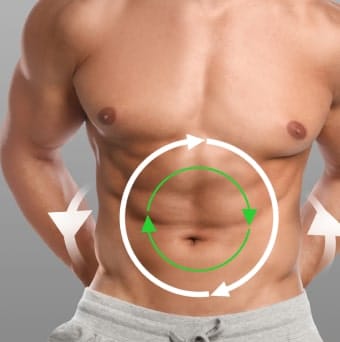
Boosted metabolism and immunity

Reduced stress and improved sleep
Pricing and
Details
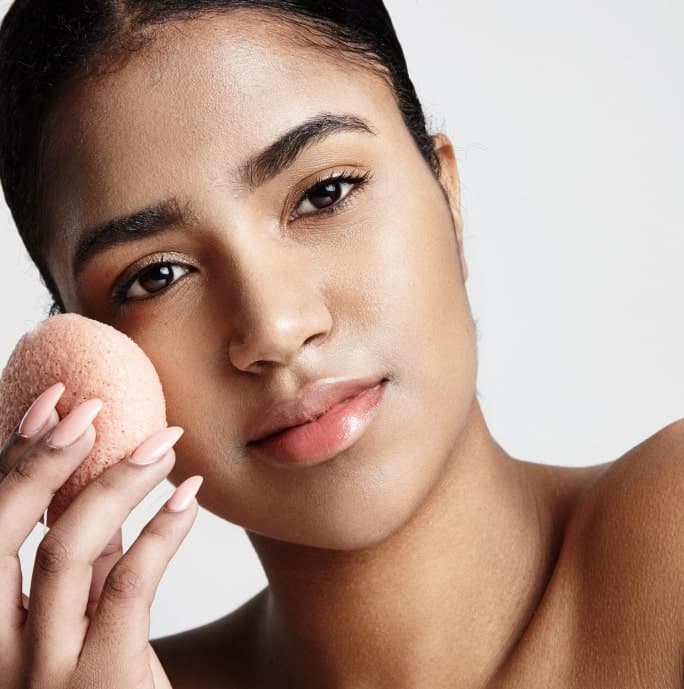
Pricing and
Details
We offer four standard IV
therapy treatments:
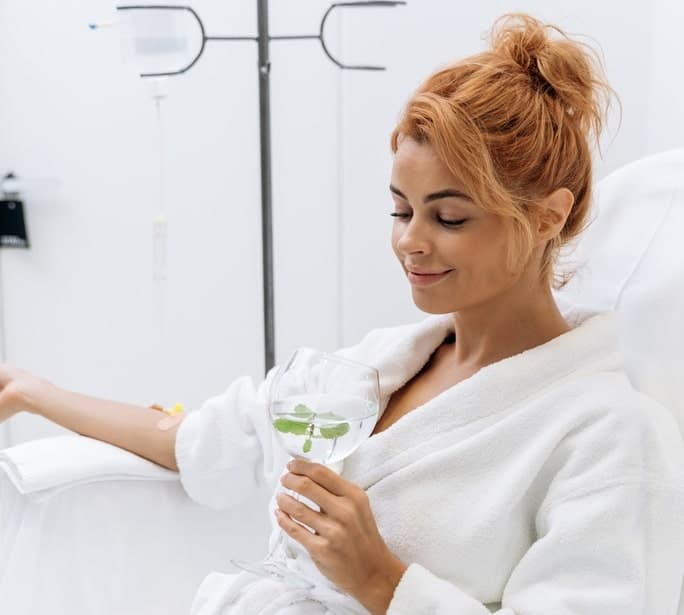
Myers Cocktail $150
Comprised of essential multivitamins and other nutrients, this cocktail premix is designed to help alleviate chronic symptoms, including ongoing pain, asthma and more. The combination is named for Dr. John Myers, who was known for administering vitamin and mineral drips to alleviate a variety of ailments.

Immune Booster $160
Protects against infection, improves healing
time, builds your immune system, reduces
duration of illness
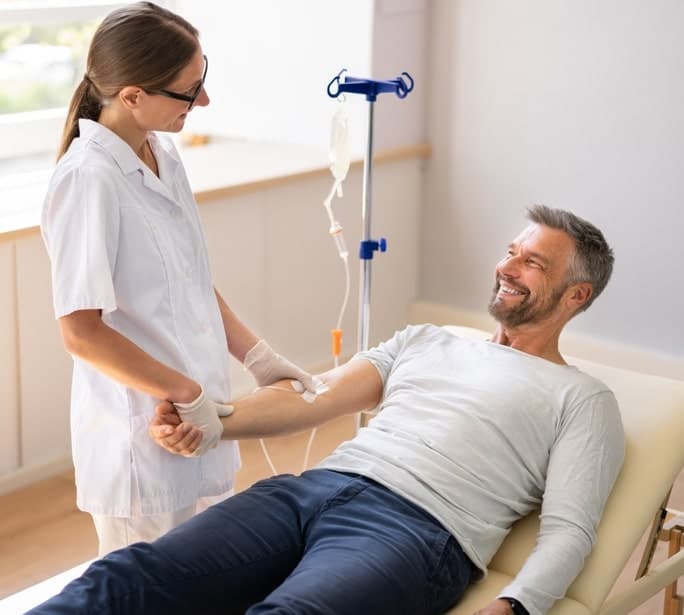
Hangover Cure $160
Rehydrates your body, eases nausea, detoxes your system, restores essential vitamins, reduces inflammation, fights fatigue
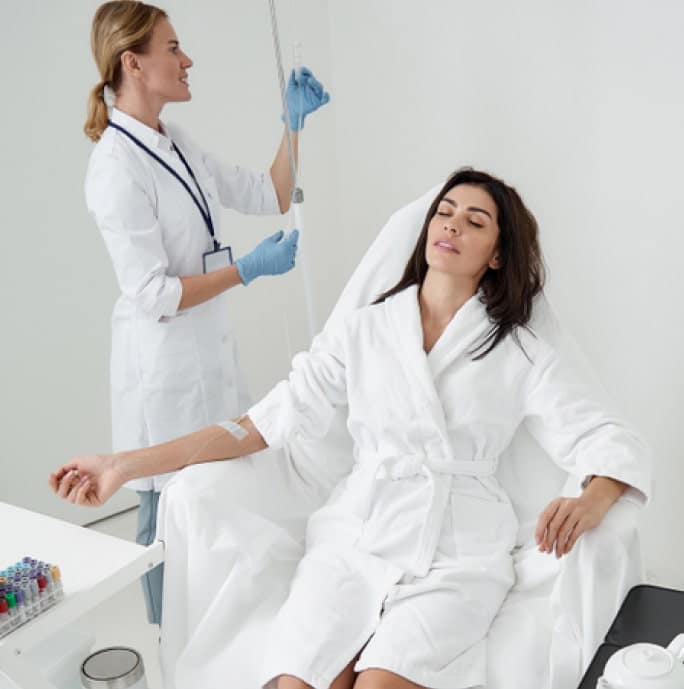
Beauty Infusion $170
Fortifies hair, skin, and nails, reduces wrinkles, and quenches tired skin.
How Often Should You Get IV Treatments?
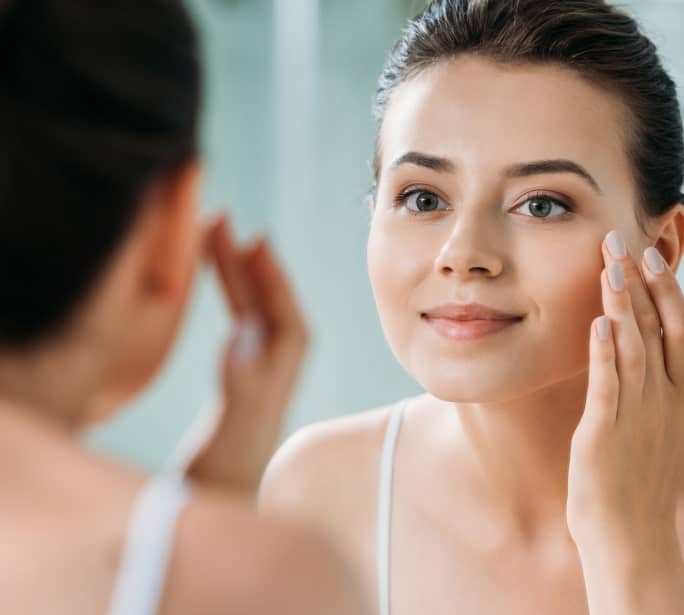
It is recommended to receive IV treatments every four weeks for optimal results. However, consulting with a professional who can help you assess your needs and provide the best advice is important.

Book Your Consultation
Schedule a consultation today if you’re interested in learning more about IV Therapy or other wellness procedures.
You May Also Be Interested in
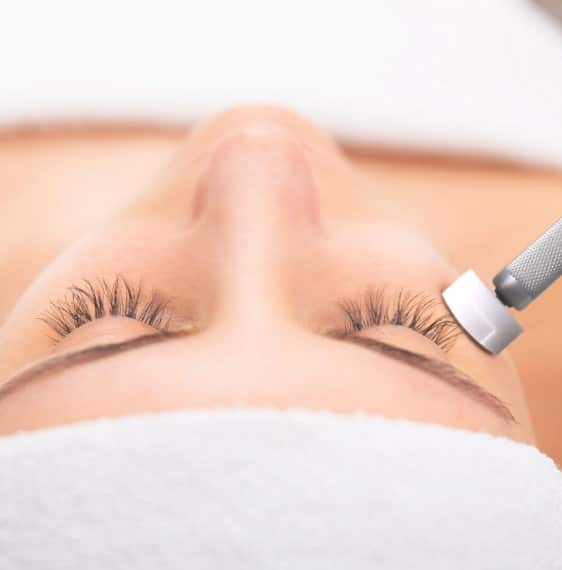
Microchanneling
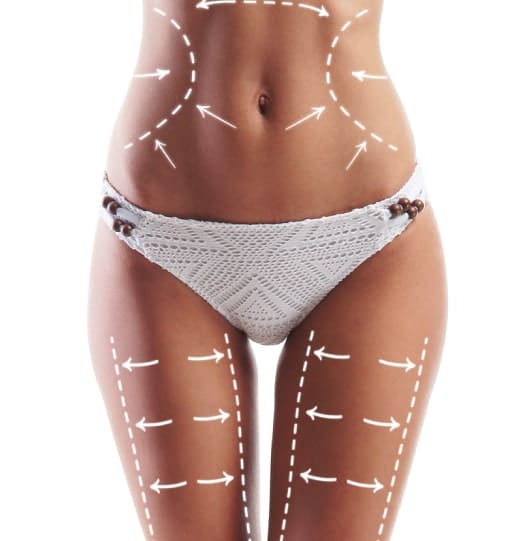
Lipo-B (MIC) Injections
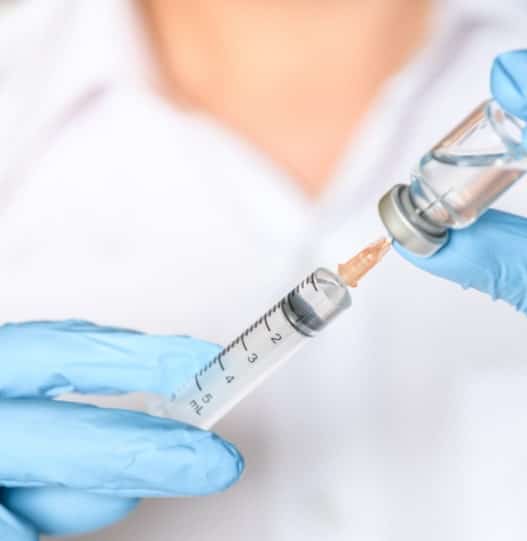
Vitamin Shots
FAQ's
IV therapy works at different rates depending on the purpose of the treatment. Those undergoing IV therapy for hydration or to cure a hangover can expect results within 45 minutes to four hours. However, if the goal is to boost energy levels, it may take up to two weeks or four days after treatment for the effects to be noticeable. It is essential to note that the efficacy of IV therapy greatly depends on the individual’s health status, hydration levels, and other preexisting conditions.
The most frequent complication of IV therapy is phlebitis, which irritates the vein’s inner lining. This inflammation causes pain, redness, and swelling around the insertion site, making it difficult to continue administering the medication or fluids. Phlebitis can be triggered by various factors, ranging from the catheter’s material and insertion method to the solution’s pH, concentration, and osmolality.
Yes, IV therapy can cause blood clots to form in the veins. The risk of developing a blood clot increases with the time the IV is in place and the size and location of the IV. Patients receiving IV therapy should be closely monitored for potential signs of blood clots, such as swelling, redness, or pain in the affected area. It is important to follow strict IV placement, monitoring, and removal protocols to reduce the risk of blood clots.
After IV therapy, you should feel energized and hydrated. Depending on the reason for the IV therapy, you may also experience a reduction in symptoms such as headaches or nausea. In addition to restoring hydration and electrolyte balance, IV therapy can provide vitamins, minerals, and other nutrients your body needs to function at its best. After receiving IV therapy, you should feel a sense of wellness and improved health.
When you receive IV fluids, your body is replenished with essential vitamins, minerals, and fluids. This helps correct and prevent dehydration and provides rapid nutrition and hydration to your body’s cells. The direct delivery into your bloodstream allows for quick absorption and utilization of these nutrients, helping to support overall health and wellness. However, it is important to note that a qualified healthcare professional should only administer IV fluids, not as a substitute for a balanced diet or in non-medical situations.

